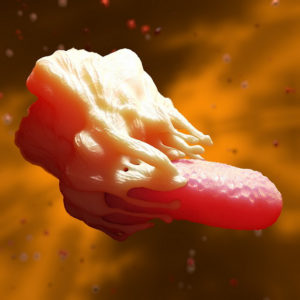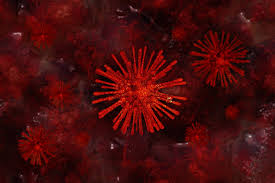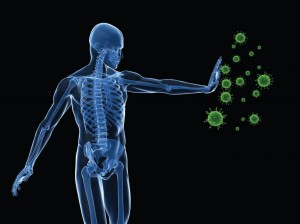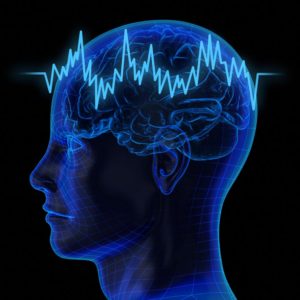Proceedings of the National Academy of Sciences, August 1, 2011 DOI: 10.1073/pnas.1104383108
María Gutièrrez-Mecinas, Alexandra F. Trollope, Andrew Collins, Hazel Morfett, Shirley A. Hesketh, Flavie Kersanté, and Johannes M. H. M. Reul.
“Long-lasting behavioral responses to stress involve a direct interaction of glucocorticoid receptors with ERK1/2–MSK1–Elk-1 signaling”.
The discovery of a mechanism in the brain explains for the first time why people make particularly strong, long-lasting memories of stressful events in their lives and could help sufferers of post-traumatic stress disorder.
The study, carried out by researchers from the Universityof Bristol’s Henry Wellcome Laboratories for Integrative Neuroscience & Endocrinology (HW-LINE) in the Schoolof Clinical Sciences, and funded by the Biotechnology and Biological Sciences Research Council (BBSRC), is published online in the Proceedings of the National Academy of Sciences (PNAS).
The research found that stress hormones directly stimulate biochemical processes in neurons that play a role in learning and memory. The way these hormones stimulate these signalling and epigenetic processes in neurons is completely new and has never been shown before.
In the healthy brain these processes operate smoothly and help people to cope with and learn from stressful events in their lives. In vulnerable people or in strongly traumatized people (victims of rape or war), these processes may be disturbed and stressful events may result in the formation of highly traumatic memories such as those seen in patients suffering from post-traumatic stress disorder (PTSD). The discovery may lead to new ways to develop drugs to help these patients and to prevent PTSD in trauma victims.
Professor Johannes Reul, Professorial Research Fellow in Neuroscience at HW-LINE, said: “Making memories of events in our lives is of critical importance in order to cope properly with new situations and challenges in the future. This is of particular importance for emotional and traumatic life events. Our newly discovered mechanism should be regarded as an adaptive mechanism. We believe this mechanism could be disturbed in stress-related psychiatric disorders such as depression and anxiety.
“The new findings may be of particular significance for patients suffering from post-traumatic stress disorder (PTSD) as these patients are pained by pathological memories of an endured trauma (rape or war situations). We hope our discovery may help to generate a new class of drugs to help these patients.”






